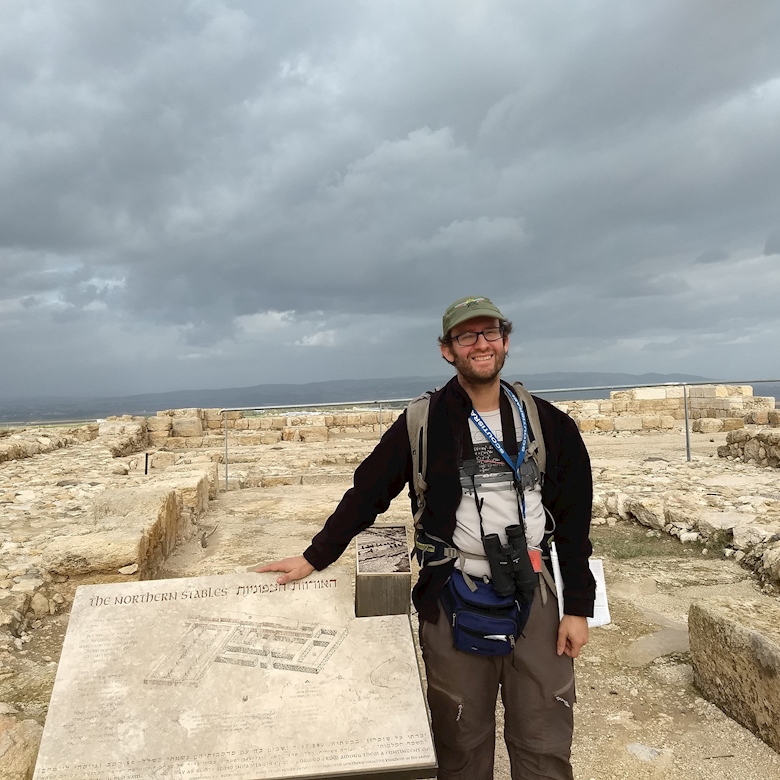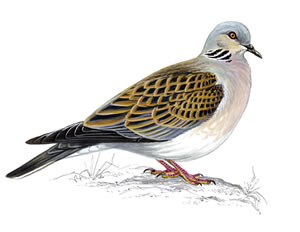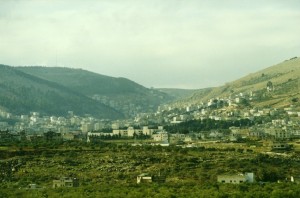
Continuing from my last Podcast I am now dealing with the historical issues surrounding Josiah. I tell the dramatic story of the battle of Armageddon and finally answer the question: who is the evil King?


Continuing from my last Podcast I am now dealing with the historical issues surrounding Josiah. I tell the dramatic story of the battle of Armageddon and finally answer the question: who is the evil King?
I’m in the process of uploading my podcasts to YouTube.
This is the latest upload.
A discussion of scriptural references to Arameans in the Passover Seder and their connection to Isaac and Rebecca and Jacob and Esau.
I focus specifically on the verse in Deuteronomy דברים 26:10 :
Either:
“My father was a wandering Aramean”
Or
“An Aramean oppressed my father”.
Which translation do you favor?
Leave a comment and tell me.
I started a new YouTube channel with a new project called Pop up Docu-tours.
Here’s the first video, it’s a general overview of the Old City from the Haas Promenade.
Bibliography
Hittite Treaties and Letters, D. Luckenbill
The American Journal of Semitic Languages and Literatures
Vol. 37, No. 3 (Apr., 1921), pp. 161-211
Reflections on The Mitanni Emergence, G. Schwartz
Berlin Studies of the Ancient World, Vol. 17
The Beginning of Desire: Reflections on Genesis, A Zornberg
Image Books 1996
Studies in Bereishit, Nechama Leibowitz
Jerusalem, WZO, 1976
Pseudo Translation of Yonatan ben Uzziel:
http://targum.info/targumic-texts/pentateuchal-targumim/
Please see the main Bibliography for more.
Welcome to my first podcast in the series: “The History of Judaism”. I shall be telling the History and story of the Jews from an educated Jewish Perspective. the first podcast focuses on Abraham and my decision to place this as the start of my narrative about Jewish History.
Here is a Map of Abraham’s Journeys:
Next time: A Journey to the Other Side: Abraham’s historical narrative
(The music in this podcast is “By Way of Haran” by Pharoah’s Daughter recreated under the following creative commons license “Live on WFMU’s Transpacific Sound Paradise 12/12/2009 byPharaoh’s Daughter is licensed under a Attribution-Noncommercial-No Derivative Works 3.0 United States License.” Check out the band at www.pharaohsdaughter.com/music.html )
(Vayikra / Leviticus 19:9 -10)
Many years ago I had the dubious honour to work in an airplane food factory. I will never forget the day that I was ordered to dispose of over 1000 kilos of produce because the produce was a day past its ‘use by date’. A few minutes drive by car from this warehouse were some of the poorest areas of England, where children have as bad nutritional health as some third world countries.
Such waste is not tolerated in the Bible. According to this week’s portion, if it is even slightly possible that produce will be wasted it is to be given to the poor and needy. Any grain dropped by a harvester or fruit left on trees or grapes that fell out of the gatherers basket must be left for the poor to collect.
This is not an archaic law, but one still very much in operation today through organisations such as Leket redistribute left over food from fields, factories, restaurants and catered events.
You too can join in this commandment, make it part of your tour to Israel and work in a field gathering fallen crops to give to those in need. Either contact http://www.leket.org.il/english
Or we can build it into your tour of Israel, contact me here.
Watch this space for a new social action centered tour!
This word of Torah is dedicated to the health of Zlata bat Sima.
 Jews around the world are involved three thousand year old ritual called ‘the Counting of the Omer’.
Jews around the world are involved three thousand year old ritual called ‘the Counting of the Omer’.
The period between the second day of Pesach (Passover) and Shavuot (Pentecost) is called the Omer. According to Scripture; this forty nine day period between the Exodus from Egypt and the giving of the books of law, the Torah, on Mount Sinai was marked by a daily sacrifice of barley and the appointing of a daily ‘count’.
Now that there is no longer a Holy Temple in Jerusalem Jews around the world mark the day by counting which day it is every night, for instance 2 nights ago we counted ‘1 day of the Omer Count’, the day after we counted two and so on.
There are many different responses to how to make this relevant to daily life. Many people focus on a separate moral issue every day. Many people have a different spiritual theme every day (typically they follow the 49 kabbalistic permutations mentioned in the Jewish books of mysticism).
A novel response by Rabbi Bobby Silverman has been to assign a different bird of Israel to each day. The bird pictured above is a Turtle Dove, the kind commonly found in the Sinai Peninsular and in Israel.
For more information see
http://us4.campaign-archive2.com/?u=d76e2f3a6435dec0b480fa8fa&id=2361993a65&e=e6b12d2f52
Or follow my tweets on
This word of Torah is devoted to the Health of Zlata bat Sima
This word of Torah is devoted to the health of Zlata bat Sima

Judah had been working with his brothers on the sheep before he ‘went down’ to become part of another story which eventually ends in him accusing his sister in law of being a prostitute after unknowingly sleeping with her himself. His ‘going down’ is both a spiritual descent and a literal one as the Mountains of Shechem where he was shepherding his sheep are in quite a high mountain range.
This descent is similar to Samson’s descent to Timna (Judges 14:1), both in terms that it was a spiritual descent to marry a philistine woman and an actual descent (Timna is a valley). Also both descents are a necessary descent for some gain. Samson was a ‘thorn in the side’ of the Phillistines, even though he seemed to be involved in their activities, he did this to help the Israelites by causing chaos in the Philistine ranks. Judah’s actions also bore good fruit as the descendent of his actions with his daughter in law was King David, who is seen as a symbol of the Messiah.
This teaches us the concept of: “ירידה לצורך עליה” (Yeridah letsorech aliyah) or a descent that creates an ascent. In Hassidic thought, in particular in the works of Rabbi Nachman of Breslov, eighteenth century Hassidic Master, this is when a person goes through a low spiritual time which ends in a rise and elevation in the person’s spiritual status. Sometimes a person feels far from their spiritual potential, but they must know that a change is coming soon.